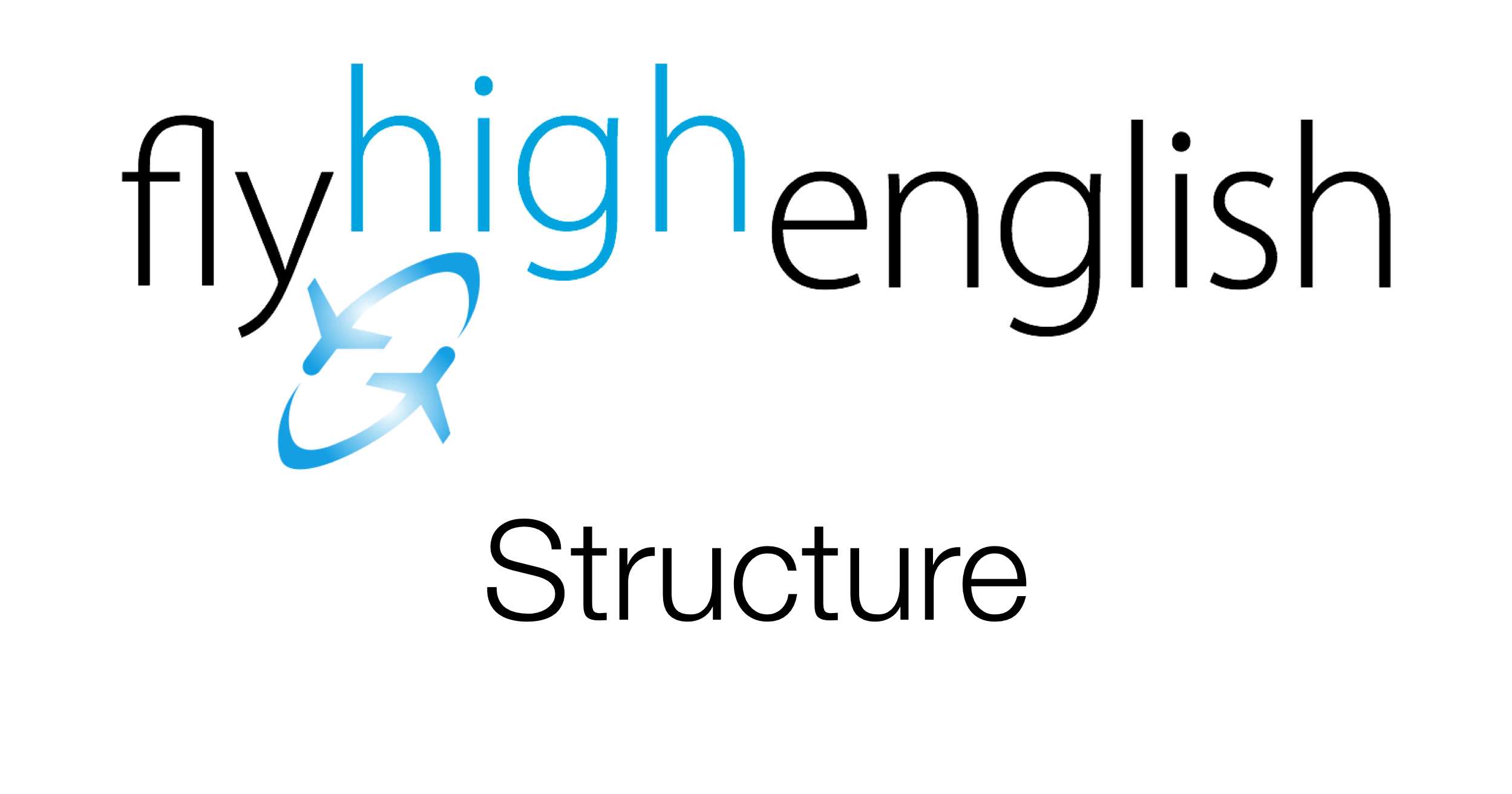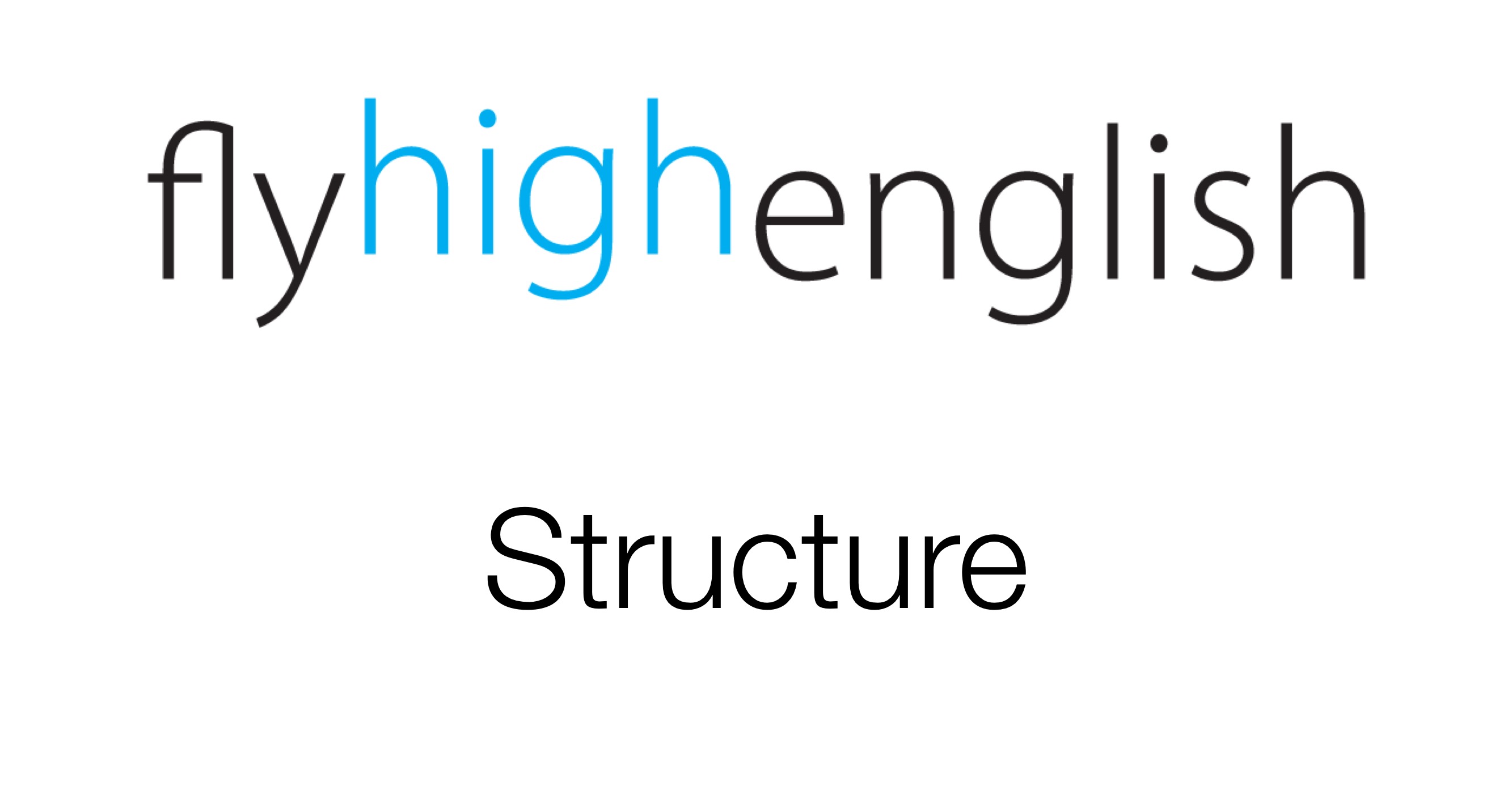
This time in our structure help we talk about the difference between the verbs ‘rise’ and ‘raise’. They look similar and have the same meaning but there is, as always, a difference in the way we can use each. Let’s take a look.
While both of these words mean the same thing (to move upwards), rise is an intransitive verb, meaning it can’t have an object. Look at these examples.
The sun rises in the morning.
The plane rose (past simple) into the sky and disappeared.
In these sentences there are no objects, the sun doesn’t rise anything, it performs the action without having a direct effect on anything (in relation to elements in our sentence). The situation is the same with the plane.
Now let’s look at raise, which is a transitive verb and can have an object; so you can raise something. Let’s look at some examples.
The passenger raised his bag into the overhead storage bin.
The copilot raised his hand to ask a question.
In these sentences there are objects – sentence elements – which are affected by the action; the bag in the first example and the hand in the second example.
Extra
Depending on how you think about your sentence, it may be possible to use either verb. Look at the following examples;
Ticket prices rose last month.
The airline raised ticket prices last month.
Now try to write of some of your own examples.
Follow us on twitter here, Facebook here or Google+ here for more great content!
Have a great day!

